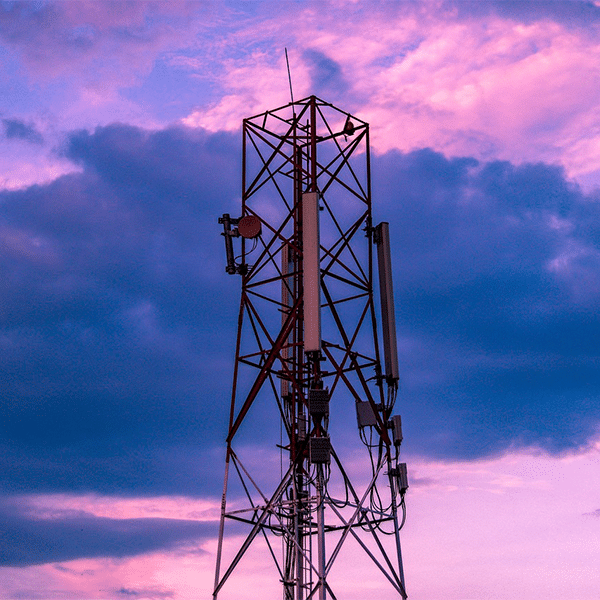The Utah Telecommunication Open Infrastructure Agency (UTOPIA) Fiber has entered into a partnership with Golden State Connect Authority (GCSA) to develop and operate an open access network in rural California.
Open access networks use a wholesale approach that allows other network operators to use the network to deliver services to end users.
UTOPIA was founded in 2002 by 11 Utah cities to build and operate an open access fiber-to-the-premises network within their communities. Although the organization had some struggles in its early days, it has since built open access fiber projects in 19 Utah cities and has secured partnerships similar to the one with GSCA in Idaho and Montana.
GSCA has 38 rural county members.
UTOPIA Fiber “has proven itself to be an industry leader with demonstrated expertise in establishing and operating an open access network that invites internet service providers to compete for customers, resulting in price and speed choices for consumers,” said GSCA Board Chair and Calaveras County Supervisor Jack Garamendi in a press release. “GSCA looks forward to building upon the knowledge and experience of UTOPIA Fiber and working together to advance internet access across rural California.”
According to the press release, UTOPIA has built all its Utah networks at no cost to taxpayers.
Municipal Networks
Municipally owned broadband networks such as UTOPIA have generated controversy over the years. Advocates see them as a way to get high-speed broadband to areas where the incumbent providers have no plans to upgrade. Opponents, including incumbent providers, argue that network construction and operation is an inappropriate role for municipalities that may have little or no experience in those areas.
In some states, municipal network opponents have succeeded in getting legislation passed to prevent or restrict publicly owned entities from owning and operating broadband networks. But the tide may have turned, as some states have passed legislation in recent years to encourage municipally owned broadband networks or to roll back previous restrictions.
It’s interesting to see a municipally owned network operator like UTOPIA Fiber taking on projects in other states. The organization undoubtedly has learned a lot about how to build and operate open access networks over the years and this would appear to be an opportunity to further leverage that knowledge.
One concern is how well certain expertise can carry over from one state into another. For example, permitting procedures, rights of way laws and other factors may differ from one state to another.
Then again, it may have been difficult for GSCA to find a partner with experience in California permitting and rights of way law as well as experience in building and operating an open access network, and UTOPIA Fiber may have been the closest match that GSCA could find to meet its requirements. And perhaps open access network experience is more critical than state-specific rights of way and permitting experience.

